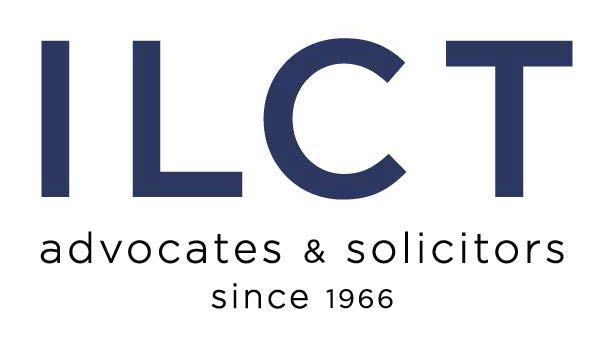Thailand Applies VAT on Foreign e-Service and e-Platform (Short Version)
Starting on September 1, 2021, Thailand will be imposing new VAT requirements on foreign e-Service providers and e-Platform operators rendering e-Services to non-VAT clients in Thailand (the “e-Service Amendment”). The details are explained below.
1). Definition of e-Service and e-Platform
The Thai Revenue Code has been amended to include the following definitions:
- e-Service is any services or intangible assets that can be transferred via the internet or other electronic networks. In another word, these are such as: downloadable software, gaming application, online advertisement service or online media streaming service (e.g. Genshin Impact, Netflix, Spotify, Facebook Ads or Google Ads).
- e-Platform is a marketplace, channel or any other means that enable multiple service providers to provide e-Services to clients (e.g. Amazon, Shopee, Google Play or PSN).
2). New VAT Requirements
Under the e-Service Amendment, a foreign e-Service provider or e-Platform operator (excluding those registered in Thailand) with an annual revenue over THB 1,800,000 deriving from e-Service rendered to non-VAT clients in Thailand shall now apply for VAT registration and be liable for VAT payment.
Previously, foreign e-Service providers and e-Platform operators were not responsible for the VAT payment in Thailand. With the new changes, foreign e-Service providers and e-Platform operators will now be responsible for the VAT payment (calculated from output tax only and not allowed to issue tax invoice).
3). To Sum Up
In conclusion, this e-Service Amendment will subject foreign e-Service providers and e-Platform operators to value added tax (VAT) from e-Services provided to non-VAT clients in Thailand.
If your business is considered as an e-Service or e-Platform, you will now be responsible for the VAT payment. In the first instance, e-Service provider bares the VAT burden for all e-Services rendered to non-VAT clients in Thailand made via its own online channel/website. With this being said, if the same e-Service provider offers the services via an e-Platform, the VAT burden will be shifted to that e-Platform operator instead.
This e-Service Amendment is rather new and requires an in-depth understanding of both the tax code and related technology to determine local VAT liabilities. To read an in-depth version of the same article, please click here.
If you have any question or require further assistance on this matter, you are welcome to contact: law@ilct.co.th.
By:
Chart Chotiphol
Counsel/Business Development

